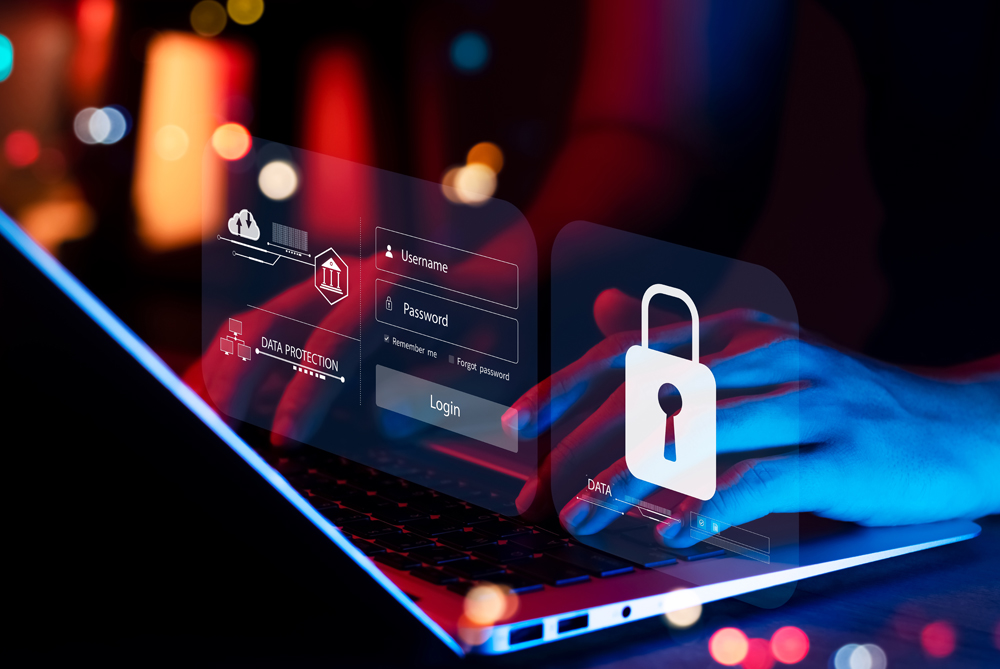8 Essential Tips to Protect Your Online Accounts from Hackers
Feb 20, 2024 - Digital Marketing

In our increasingly digital world, our online accounts hold a wealth of personal and sensitive information. From financial data to personal communications, these accounts are valuable targets for hackers. Protecting them is crucial to safeguarding our privacy and security. Here are eight essential tips to help you keep your online accounts safe from cyber threats:
- Use Strong, Unique Passwords: Creating strong and unique passwords is paramount to account security. Ensure your passwords are at least 12 characters long and include a mix of upper and lowercase letters, numbers, and symbols. Avoid using the same password for multiple accounts to mitigate the risk of a single breach compromising all your accounts.
- Employ a Password Manager: Password managers are invaluable tools for generating and storing complex passwords securely. They also streamline the login process by automatically filling in login forms, reducing the need to input passwords manually.
- Enable Two-Factor Authentication (2FA): 2FA adds an extra layer of security by requiring a secondary verification method, such as a code sent to your phone or generated by an app, in addition to your password. This significantly enhances the security of your accounts.
- Monitor for Leaked Credentials: Regularly check if your login credentials have been compromised in data breaches using services like Have I Been Pwned? If your credentials have been leaked, change your passwords immediately to prevent unauthorised access to your accounts.
- Utilise Unique Email Addresses: Avoid using your personal email address for logins to various online accounts. Using unique email addresses for different accounts can help mitigate the risk of a single compromise leading to widespread access.
- Be Mindful of Online Sharing: Exercise caution when sharing personal information online, especially on social media platforms. Avoid divulging sensitive details like your birthday or address, as this information can be used by hackers for targeted attacks.
- Stay Vigilant Against Phishing Scams: Be wary of unsolicited emails or text messages that attempt to trick you into clicking malicious links or downloading harmful attachments. Verify the legitimacy of any requests for personal information before responding.
- Keep Software Updated: Regularly update your operating system, web browser, and other software to patch security vulnerabilities and protect against exploitation by hackers.
By implementing these proactive measures, you can enhance the security of your online accounts and better protect your sensitive information from cyber threats. Stay vigilant and prioritise cybersecurity to safeguard your digital presence in today's interconnected world.

 Our Teams
Our Teams Our Clients
Our Clients
 +607-288 1726
+607-288 1726 Whatsapp Us
Whatsapp Us

